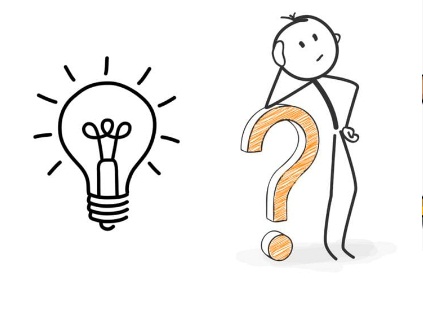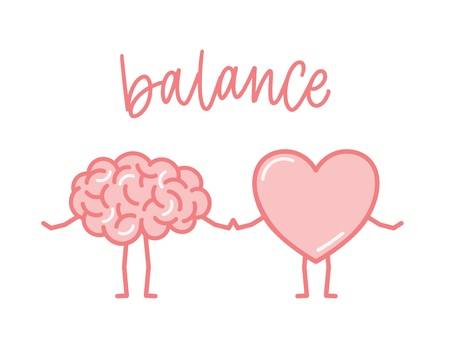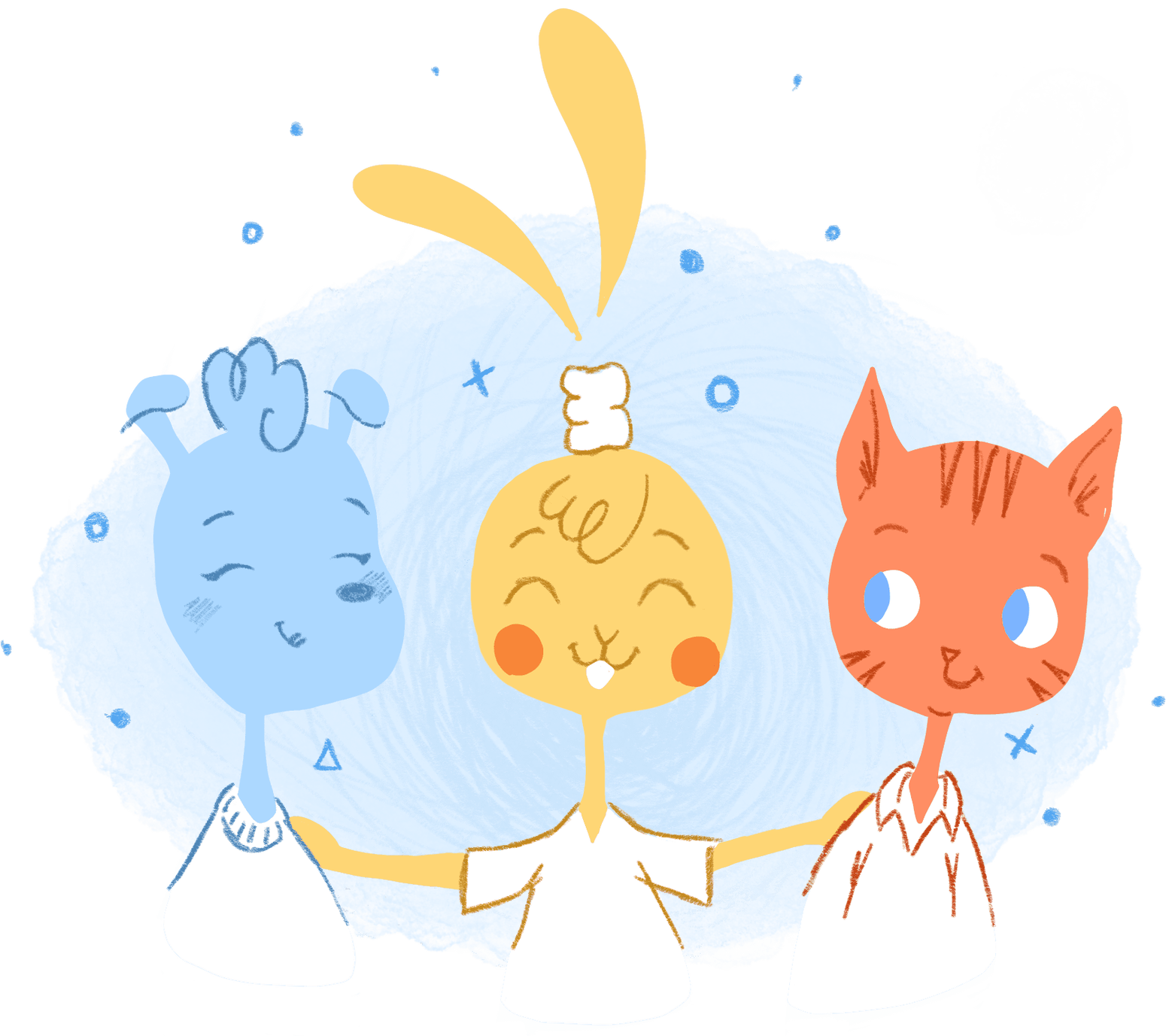
I will begin my today’s blog with some questions which is the base of human flourishing.
- Do you recognize the emotion you are feeling?
- Can you manage those feelings without allowing them to overpower you?
- Can you motivate yourself to get jobs done?
- Do you sense the emotions of others and respond effectively?
How often do we all take time to reflect on these questions and even journal them?
What is Emotional Intelligence?

Emotional intelligence (also called the Emotional Quotient, or EQ) is the ability to monitor our own emotions, emotions of others, understand different emotions and also label these different emotions correctly. Finally these emotions and emotional information guides our thinking pattern, behavior, and relationship with others.
In day to day life we use emotional intelligence ins a simple situations like when we empathize with our coworkers, have deep conversations about our relationships friends , and try to manage an unruly or distraught child. In simple words emotional intelligence helps to cultivate the opportunity of a fulfilled and happy life.
EQ vs. IQ

EQ is emotional intelligence, is about identifying emotions in ourselves, others, relating to others, and communicating about our feelings (Cherry, 2018a).
On the other hand IQ, is cognitive intelligence. It is most often referred to when the word “intelligence” is used and often measured through testing and estimated through things like grade-point average.
“It is very important to understand that emotional intelligence is not the opposite of intelligence, it is not the triumph of heart over head–it is the unique intersection of both.” David Caruso
Characteristics of EI

Without going to the academic information of EI , there are many characteristics that describes people high and low in emotional intelligence.
According to Rhett Power (2017), these are the seven qualities that best describe employees and leaders with a high EQ:
- They aren’t afraid of change. They understand it’s a fact of life, and they’re quick to adapt;
- They’re self-aware. They know what they’re good at, what they can work on, and what kinds of environments suit them best;
- They’re empathetic. They can easily relate to others and understand what they are going through;
- They’re committed to quality but understand that perfection is an impossible standard;
- They’re balanced and able to have a healthy professional and personal life;
- They’re curious and open-minded, and they love to explore the possibilities;
- They’re gracious, grateful, and happy.
Characteristics of people with low emotional intelligence include:
- They are unable to control their emotions;
- They are clueless about the feelings of others, even those close to them;
- They can’t maintain good relationships, whether work or personal;
- They always have a “poker face,” meaning others have a hard time reading them;
- They are often emotionally inappropriate for the situation;
- They have trouble coping with sadness;
- They are have trouble reading emotions from tone of voice;
- They have trouble being sympathetic with others;
- They are completely unmoved by emotional scenes in movies, TV, or books—no matter the genre;
- They trivialize the importance of emotions in general and elevate the importance of “cool, calm logic”;
- They are not aware of dogs’ emotion states—including their own dogs’ emotional states—even when the signs are clear (Riggio, 2015)
Why is it important to develop Emotional Intelligence Skills?

It is fundamental to understand our emotions and this understanding will lead us to flourishing and more high-functioning role. That’s because as humans, we tend to be highly emotional and social creatures.
Being emotionally intelligent will helps us to connect with others, boost our performance at work, improve our communication skills, become more resilient, and more. It turns out that having a high level of EI can make you successful in just about every aspect of your life however the definition of success in context could need redefinition.
Emotional Intelligence and Communication

EI affects communication: A high EQ leads to competence in conversations, and competence in conversation is a requirement for both a healthy personal life and a healthy professional life.
Those who are high in emotional intelligence:
- Consider other people’s feelings;
- Consider their own feelings;
- Practice empathy for others and relate to them in conversation;
- Operate on trust, meaning they build trust through verbal and nonverbal cues and communicate honestly;
- Recognize, identify, and clear up any misunderstandings (Schmitz, 2016).
Communication leads directly to the next reason why it’s important to develop emotional intelligence: building and maintaining healthy relationships
EI in Relationships
It’s easy to see how having a high EQ can lead to better relationships. People high in EQ can:
- Read other people’s emotions and appropriately and effectively react to them;
- Understand and regulate their own emotions so they don’t bottle things up or let negative emotions burst out of them;
- Understand that their thoughts create their emotions and that regulating our thoughts allows us to indirectly regulate our emotions;
- Connect their own actions to other peoples’ emotional reactions; they know what kinds of consequences their actions will have on others and how others might feel and behave in response (Hall, 2018).
EI in Workplace

Interesting research on EI on some famous CEOs .
Chip Conley, founder of Joie de Vivre Hospitality and a Stanford Business School graduate, wrote about CEOs who demonstrate high degrees of emotional intelligence. He picked Fortune 500 companies and interviewed employees, studied speeches and published writing, and evaluated what he called the “emotional thermostat” settings of these leaders. Some highlights:
- Jeff Bezos of Amazon — Obsessed with the hearts and minds of his customers, Bezos has a long-term perspective on business strategy and relationships (with customers and among employees).
- Howard Schultz of Starbucks — Away from Starbucks for eight years, Schultz says that the main reason he came back was “love” for the company and its people; Starbucks is noted for its generous health care benefits, a philosophy inspired by Schultz’s father losing his health insurance when Schultz was a child.
- Indra Nooyi of Pepsi — With a philosophy of “performance with purpose,” Nooyi has helped move employees from a day job to living a calling. She’s known for singing in the hallways or walking barefoot in the office.
Positive Psychology Coaching

“Emotional healing requires more than simply changing how you feel. Your emotions are merely symptoms of the problem—not the problem itself. Even when they hurt.” Jessica Moore
Now lets take a situation to understand the use of EI in day to day situations at workplace whch is often a problem to handle even for managers or leaders.
Situation: It can be very difficult for many of us to accept criticism, especially if receiving criticism provokes strong emotions (effects ego in this case).
EI can equip : When you accept the criticism that is thrown your way (without actually taking it to heart), we will find that we disarm the person criticizing us.
As a part of positive psychology, emotional intelligence has been a popular segment. Positive psychology coaching uses science-based exercises to measure and at many scales, enhance the ability to understand, work with emotions and will also provide a set of tools to foster the emotional intelligence among students, employees,
It’s worth noting that people with high EQs don’t remove all emotions from their decision-making. This helps them stay more objective while also allowing them to rely on their feelings to a healthy extent.
High emotional intelligence improves decision-making abilities. They have a good understanding of themselves and around them are more likely to view various options, keep an open mind, and remove all irrelevant emotions from the decision-making process (Huffington Post, 2013).
EI Activity: Be the Fog (Regulate Your Emotions)
Situation: Above mentioned.
This simple exercise will help you “be the fog” and learn how to regulate and modulate your emotions in a difficult situation.
Here’s what to do:
“Act like a fog! Imagine you are a fog. When someone throws a stone at you, you absorb that stone without throwing the stone back. This is a very easy and effective technique to use against people who keep criticizing you repeatedly.” (Skills Converged website)
For example, if someone tells you something like:
- “You just don’t understand.”
- “You are lazy.”
- “You are always late.”
- “You don’t feel responsible.”
Respond with:
- “Yes, I just don’t understand.”
- “Yes, I am lazy sometimes.”
- “Yes, I was late.”
- “Yes, I just don’t take responsibility.”
Connect with us for effective positive psychology coaching interventions and seminar on inclusion of Emotional Intelligence for employees, and students at training@samunnati.org.